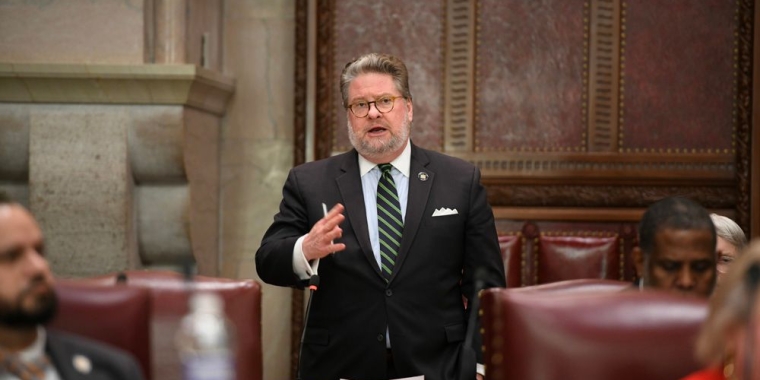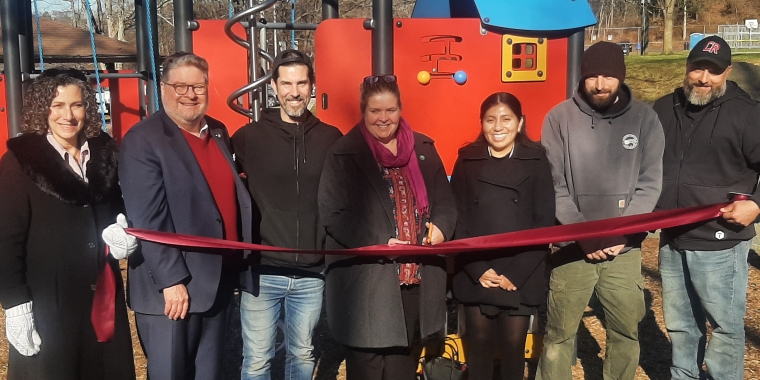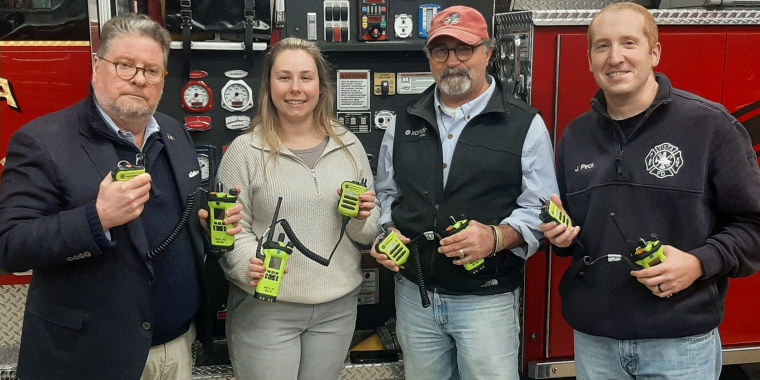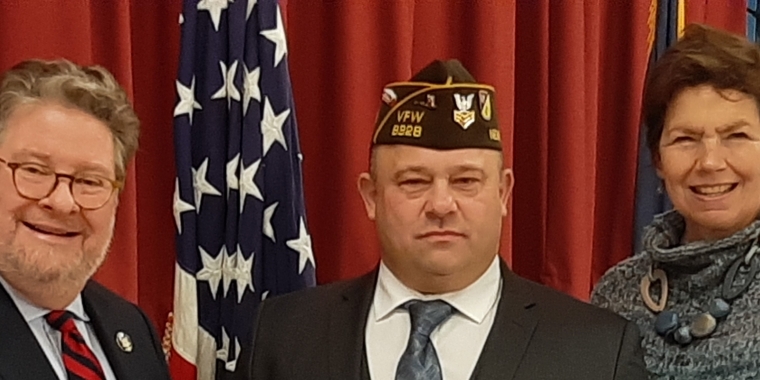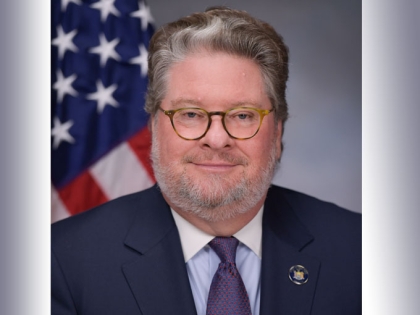
Harckham Acclaims Signing of the Opioid Settlement Lockbox Bill
June 30, 2021
-
ISSUE:
- Battling the Opioid Epidemic
- Opioid Settlement Funds
- Senator Harckham
- Substance Abuse Disorder

Peekskill, NY – New York State Senator Pete Harckham acclaimed the signing of the opioid settlement lockbox bill today by Governor Andrew M. Cuomo, which will create a special fund to provide additional resources for future education, prevention and treatment efforts.
“Creating this drug settlement lockbox is a major breakthrough in the fight to end the opioid epidemic,” said Harckham, a leading co-sponsor of the bill. “From now on, these funds will be dedicated in their entirety to quelling the ongoing opioid crisis across the state, a struggle that has long been underfunded. I’d like to thank Governor Cuomo for signing the bill, Attorney General James for fighting for the settlements and Senator Rivera for introducing the bill.”
The newly enacted legislation requires that money received by the state from a settlement or a judgment in litigation against opioid manufacturers, distributors, dispensers, consultants or resellers be deposited entirely into a specially created fund to be overseen by an advisory board. These funds cannot supplant existing state funding for services and programs related to Substance Use Disorder (SUD), and there will be a public reporting of how the funds were spent.
This week state Attorney General Letitia James announced a $230 million settlement from the drug giant Johnson & Johnson for fueling the opioid addiction crisis in New York. Thanks to the lockbox bill being signed, the state will receive an additional $30 million in its first year allocation.
Harckham and others pushed for the lockbox settlement legislation earlier this year when James won an opioid settlement with McKinsey and Company, which paid half a billion dollars to states, with $32 million going to New York. The state budget office earmarked $11 million for addiction treatment services in the state’s prison system, but was directed to deposit the remaining $21 million into the general budget fund.
While the opioid settlement lockbox bill will “help fight the overdose epidemic and save families from having to grieve lost loved ones,” Harckham, chair of the Senate Committee on Alcoholism and Substance Abuse, noted that additional measures need to be enacted to better safeguard residents with SUD.
Additional legislation introduced by Harckham and already approved by both the State Senate and Assembly includes:
S.649 Expands access to medications that treat substance use disorders by allowing individuals under Medicaid the ability to access whichever Medication-Assisted Treatment (MAT) medication that is most beneficial to them and their needs, without utilization control, mandated prior authorization, or lifetime limits.
- S.679 Creates a council for treatment equity within the Office of Addiction Services and Supports (OASAS) to address Substance Use Disorder treatment disparities amongst vulnerable populations across the state.
- S.2966 Increases access to lifesaving opioid antagonists by providing that the first opioid prescription to certain patients each year be accompanied with a prescription for an opioid antagonist if a number of risk factors are present.
- S.5066A Provides that any federal grants received by, or approved to be received by, a SUD treatment provider during the Covid-19 emergency relief period as part of pandemic relief shall not be considered a source of revenue.
- S.6044 Expands access to MAT by requiring that OASAS maintain an online directory of all distributors of opioid antagonists. This includes, but is not limited to, pharmacies, prevention centers and nonprofits that carry naloxone.
“With an opioid settlement lockbox in place, our frontline treatment providers will receive more resources to help save lives and strengthen our communities,” said Harckham. “But we will need to do more if we truly want to stop the overdose epidemic we are now experiencing.”
Share this Article or Press Release
Newsroom
Go to NewsroomHarckham Finishes 2023 with 25 of His Bills Signed into Law
January 4, 2024
